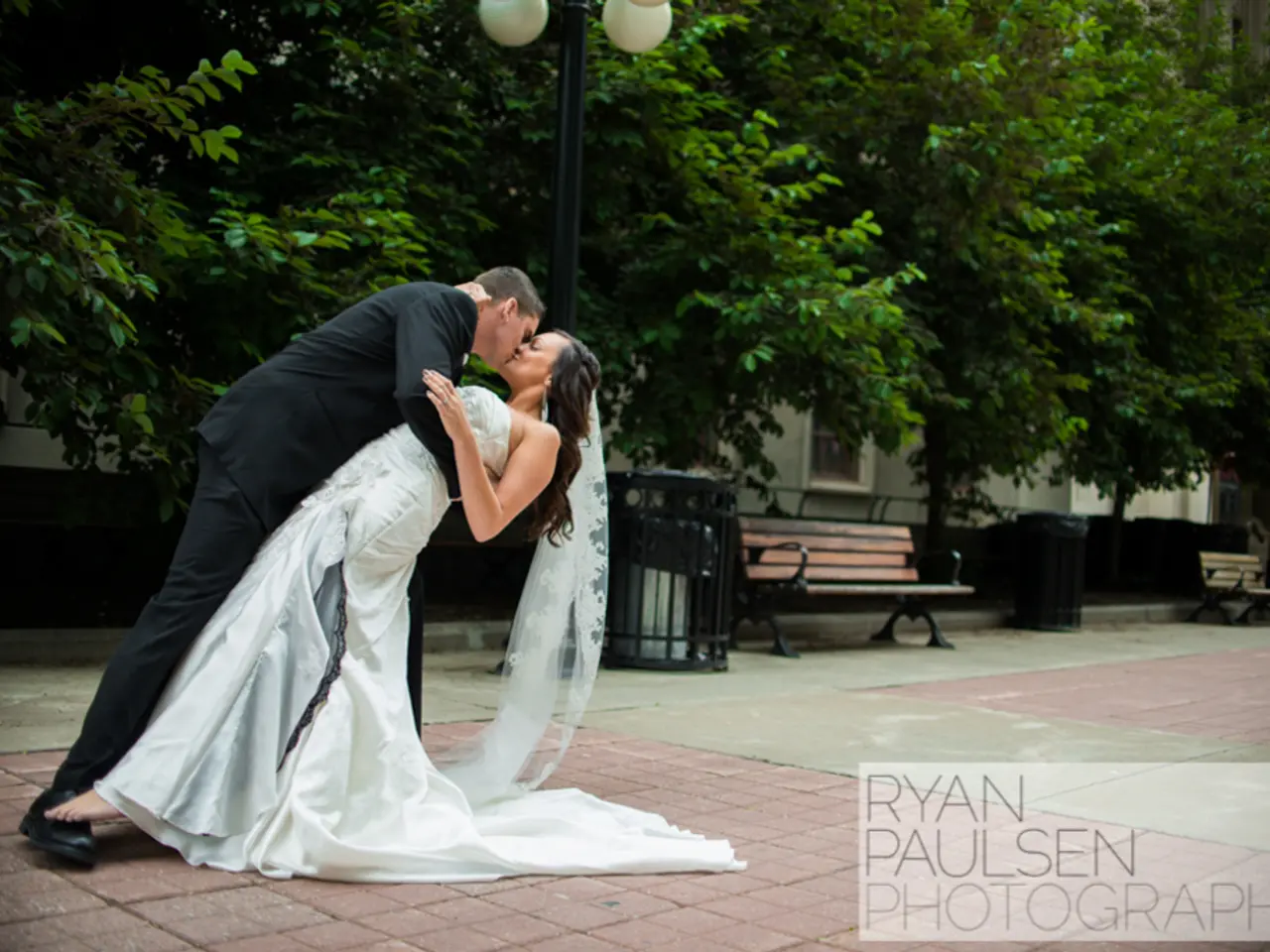Guide to Arranging a Marriage or Significant Gathering in English Language
Essential English Terms for Effective Event Planning
Planning a wedding or event requires a certain level of communication, and understanding key English terms can make the process smoother. Here are some essential phrases and terms that every event planner should know.
Scheduling
When it comes to scheduling, phrases like "What time does the ceremony begin?" or "When should guests arrive?" help solidify timings. Important terms to remember include "timeline," "schedule," "run of show," and "event itinerary." An "itinerary" is a detailed plan of events, while a "schedule" outlines the sequence of activities.
Contracts and Budgeting
Understanding terms like "contract," "deposit," "rental agreement," and "overtime charges" will help navigate contracts. A "contract" is a written agreement between two or more parties, outlining the terms and conditions of a business deal. A "deposit" refers to an amount of money paid in advance to secure a service or product.
Logistics and Vendor Communication
Clear communication with vendors is key. Phrases like "What packages do you offer?", "Can you provide a quote?", "Is there room for negotiation?", and "Can we discuss a discount?" are useful. "Invoice" is a document that itemizes goods or services provided and presents charges owed by the buyer to the seller. Understanding terms like "loading dock access," "vendor setup time," and "tear-down" ensures proper coordination with vendors and service providers.
Themes and Attire
"Theme" is the overarching style or motif of an event. Knowledge of terms like "bouquet," "centerpiece," and "altar flowers" is important when communicating with florists. Understanding terms like "formal," "semi-formal," "cocktail attire," and "casual" is crucial for discussing attire. Familiarity with terms like "tailor," "seamstress," and "alterations" is essential for fitting discussions.
Venue
The term "venue" refers to the location where an event is held. Knowing venue-related terms like "reception hall," "banquet room," "outdoor pavilion," "catering facilities," and "capacity" is important.
Guest Communication
To communicate with non-native English-speaking guests, use straightforward language, provide bilingual invitations, and designate a bilingual family member or hire a translator. Offering bilingual materials or a translator can enhance inclusivity.
Continued Education
Continued education focused on event-specific language can empower planners to tackle any event with confidence. Mastering these terms and phrases helps event planners negotiate effectively with vendors, communicate clearly with guests, and coordinate logistics smoothly, ensuring successful event outcomes.
Logistics and Workflows
In managing logistics and vendor workflows, phrases and approaches focus on coordination and monitoring. Centralize vendor communication with shared tools to track requests and updates. Automate recurring tasks with reminders and triggers. Set shared service standards aligning service level agreements (SLAs) with vendors. Build feedback loops, asking vendors "Are schedules clear?" or "How can we improve processes?"
For meetings related to event planning, useful verbs include "hold a meeting," "chair/run/lead a meeting," and "postpone a meeting" (less formal: put off a meeting).
By mastering these terms and phrases, event planners can navigate the complexities of event planning with confidence and ensure successful event outcomes.
- To enhance the overall aesthetic of an event, event planners need to understand terms such as 'lifestyle', 'fashion-and-beauty', and 'home-and-garden' when discussing themes and attire with florists and other vendors.
- During shared meetings, using verbs like 'discuss', 'negotiate', and 'agree' can lead to effective communication with vendors about budget, logistics, and workflows, contributing to the success of an event.
- Event planners who focus on 'education-and-self-development' and continuously expand their knowledge of industry-specific language can efficiently coordinate logistics, communicate with guests, and tackle any event with confidence.
- Traveling to new locations requires research and understanding terms like 'accommodation', 'transportation', and 'local attractions' to ensure a smooth event experience for both planners and attendees. Additionally, terms such as 'time zones', 'visa requirements', and 'climate' are important to take into consideration when making travel arrangements for an event.




